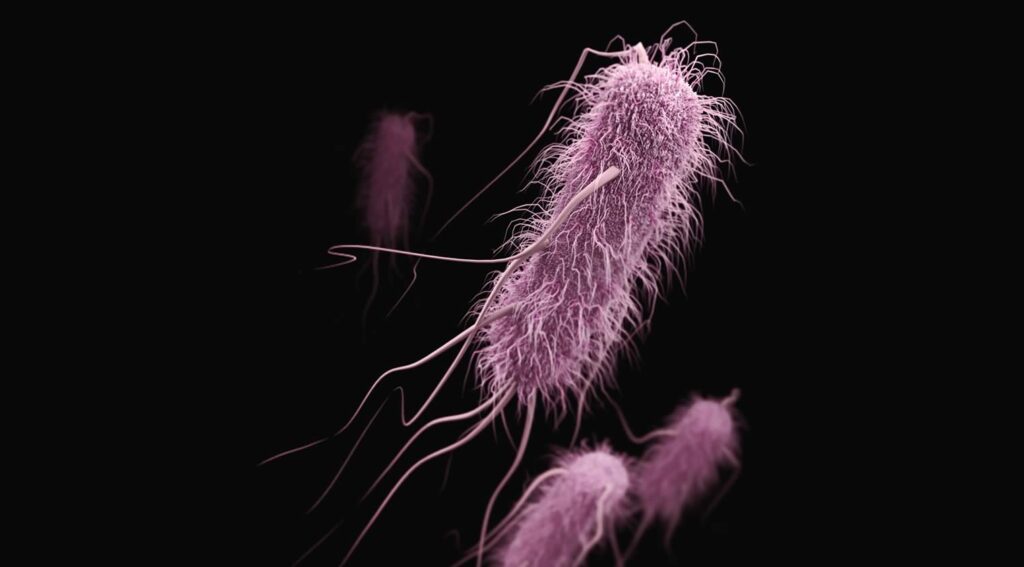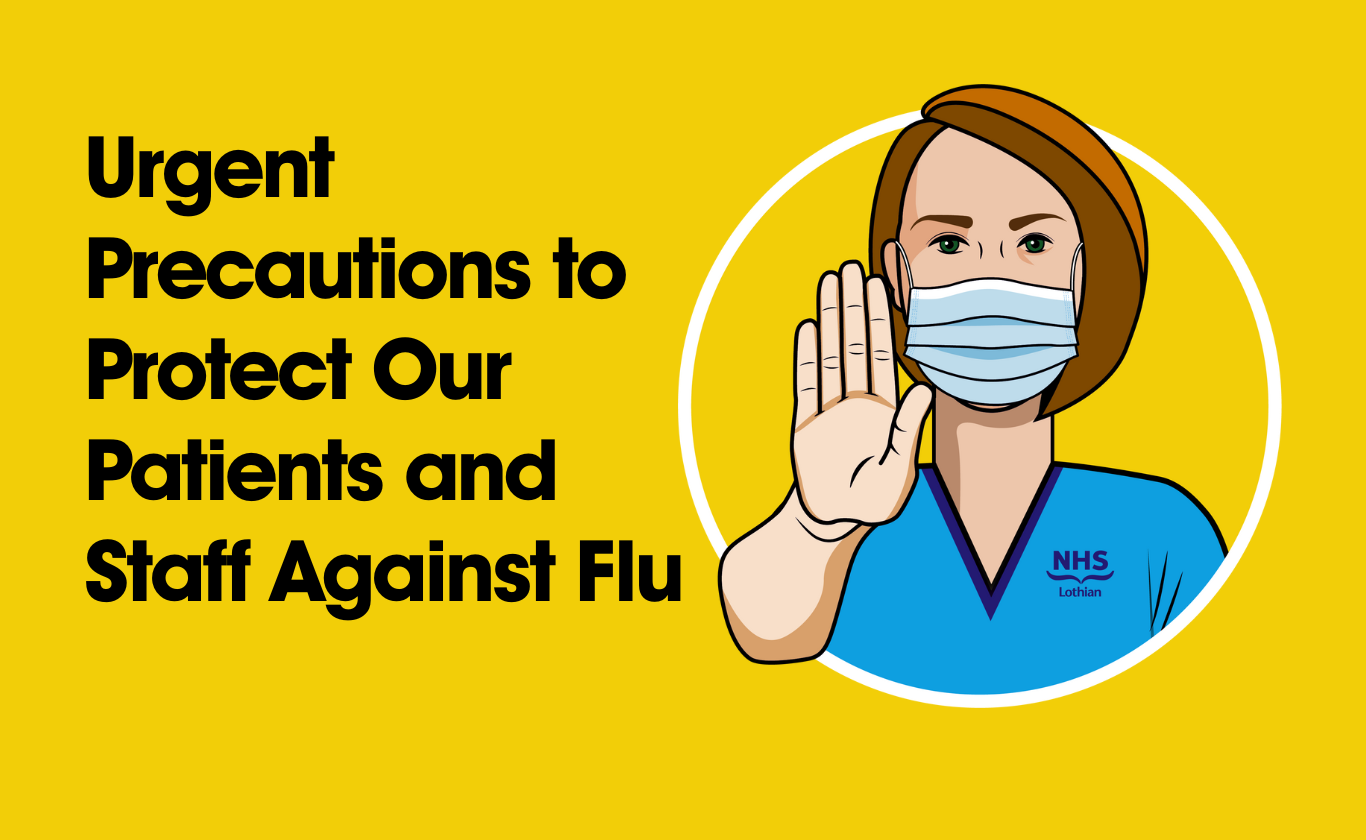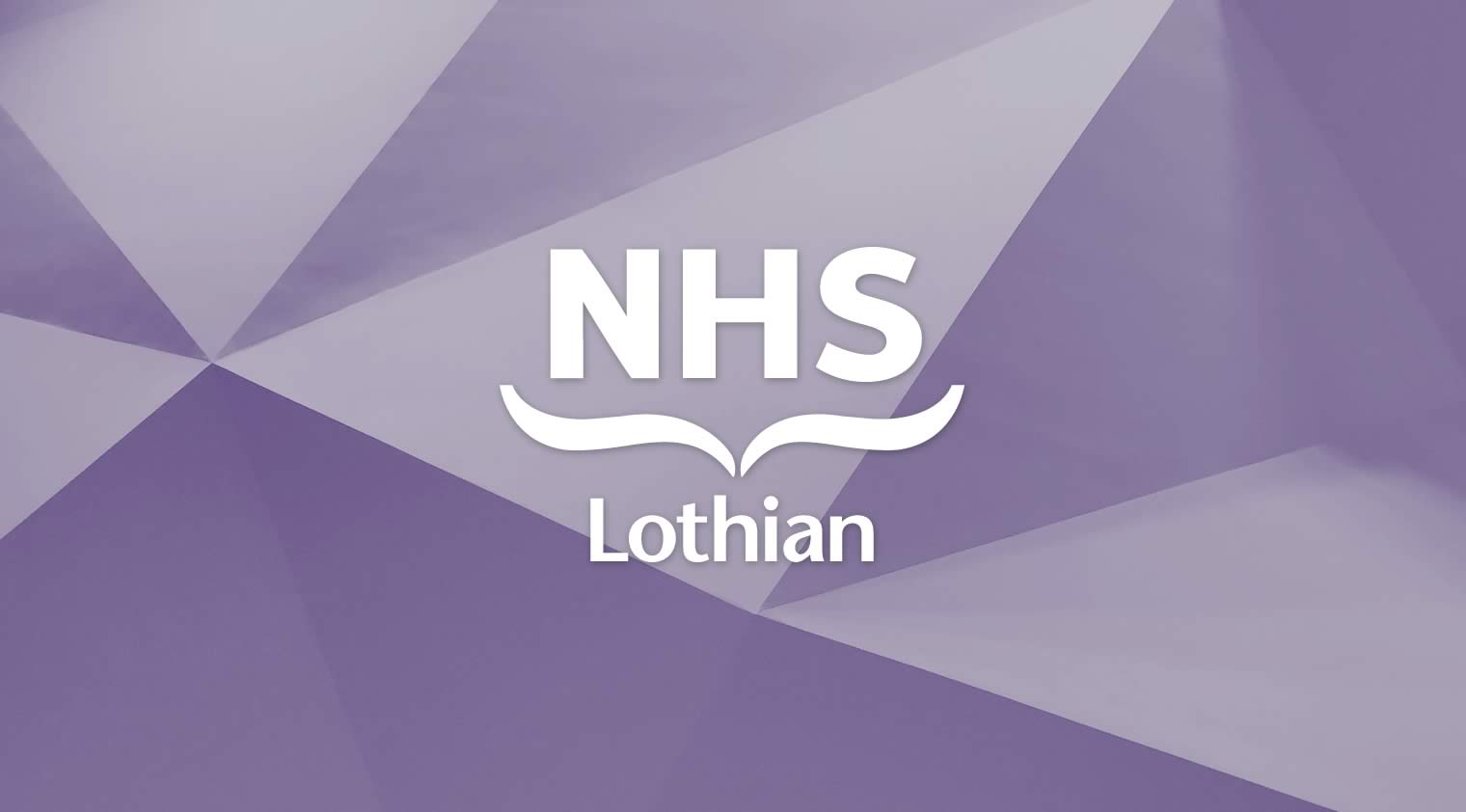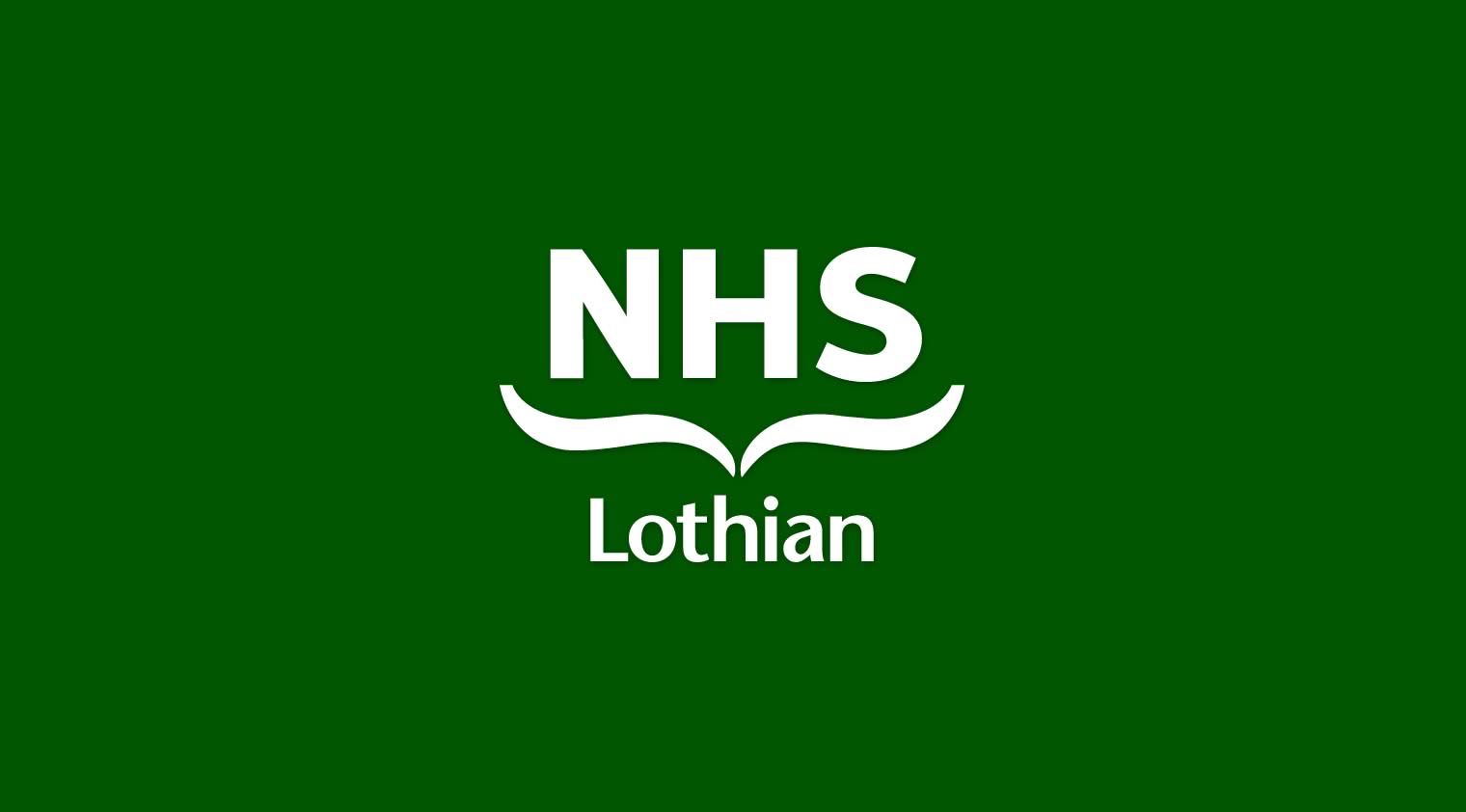Teams investigating an E-coli outbreak in East Lothian have urged families to follow safety precautions to help stop the rise in cases.
E-coli has now been confirmed in three nurseries, while another two are closed as a precaution to allow investigations and testing to be carried out. A total of 47 cases of E-coli have now been confirmed.
The infection has been identified in cases linked to Church Street Pear Tree Nursery, Meadowpark Pear Tree Nursery, both in Haddington and Musselburgh Private Nursery, Bridge Street.
Plans to re-open Church Street Pear Tree Nursery are underway after many exclusion orders for staff and pupils were lifted, by the Health Protection Team, meaning that they can return to normal life.
Musselburgh Private Nursery, Bridge Street, was already closed as a precaution after reports of sickness symptoms, but now that E-coli has been confirmed all staff and pupils have been formally excluded under the Public Health Act and informed of the actions they need to take.
Musselburgh Private Nursery, Stoneybank, has also been closed after reports of sickness symptoms and a connection with its sister nursery in Bridge Street were identified. All staff and pupils have been formally excluded under the Public Health Act and informed of the actions they need to take.
The actions are similar to self-isolation imposed during the COVID-19 pandemic in that families must remain at home and should not mix with others and they need to go through the clearance process, which includes producing two negative samples. The Health Protection Team will then phone families directly to let them know their exclusion order has been lifted.
West Road Pear Tree Nursery remains closed, pending more investigations and inspection, but to date no cases of E-coli have been confirmed. Families have been informed and asked to provide samples if their child has had any symptoms to rule out the presence of E-coli.
Dr Graham Mackenzie, Consultant in Public Health Medicine and Chair of the Incident Management Team (IMT) investigating the outbreak said it was vital that parents and carers follow the instruction to self isolate.
He added: “It is crucially important that families understand that this is a rapidly evolving situation and it is affecting the lives of hundreds of people. We need everyone to work with us to bring an end to this outbreak as swiftly as possible.
“If you have been given an exclusion order, it means that you must self-isolate at home, just as we have all done with COVID-19. You must not go to work or school, the shops, the playpark or to parties and sleepovers.
“As soon as two negative samples have been returned, families will be allowed to return to normal. We have already lifted scores of exclusion orders for pupils, parents and staff. There is light at the end of the tunnel and as soon as enough exclusions are lifted and investigations are complete, nurseries will be able to re-open.
“However if families choose to mix with others when they have been instructed to self-isolate, they are putting themselves and others at risk.
“They may unknowingly come into contact with someone who has the infection, but not yet been confirmed. That would not only mean that they could develop the infection, but that they would start the exclusion period all over again because they have come into contact with a confirmed case.”
NHS Lothian joined forces with local and national partner agencies at the beginning of August to form a multi-agency Incident Management Team (IMT) to investigate the cluster of cases in Church Road Pear Tree Nursery.
The complex outbreak has evolved and a set of FAQs have been developed to help answer questions from concerned families and carers. They are available on NHS Lothian’s website
A general information line on 0800 22 44 88 has been created through NHS24 to help families answer many of the questions they may be facing.
Dr Mackenzie said: “We have provided lots of information for parents and carers and we know that it can get confusing. These FAQs and information line should help.
“As well as staying home, it is vital for siblings or those children leaving nursery, taking up a new nursery place and starting school for the first time to remain at home until their exclusion period is complete if they have been in contact with someone with E-coli or any other vomiting bug.
“This outbreak reinforces the importance of washing hands regularly, particularly before eating or preparing food, and after going to the toilet.”
E. coli is a bacterial infection that causes illness in people. The symptoms range from mild loose stools to severe bloody diarrhoea. The most serious complications can lead to blood poisoning and kidney failure.
There is no specific treatment for the infection and most people who are infected will get better without medical treatment. However, those who have symptoms, or are concerned, are advised to contact their GP or NHS 24 on telephone number 111.
Notes:
Forming an Incident Management Team (IMT) is a standard public health practice.
The team is multi-agency and in this case is made up of a number of organisations, including the NHS Lothian Health Protection Team, Public Health Scotland, East Lothian Environmental Health Department, East Lothian Education Department, and the Care Inspectorate.
Thy are working to identify cases, prevent further spread of the infection and put in place robust control measures to safeguard public health.
E. coli infection can cause symptoms ranging from mild diarrhoea (with or without fever, abdominal pain or vomiting) to severe bloody diarrhoea. While the complications of E. coli infection are rare, they include anaemia and kidney problems which can be serious, particularly in children and adults over 65 years.
If you, or / your child, develop symptoms of diarrhoea with or without stomach cramps, vomiting or fever, you should contact your GP (or NHS 24 on 111). It is particularly important for anyone who has bloody diarrhoea to seek immediate emergency medical attention, particularly young children and adults over 65 years. Please take this letter with you if you need to visit either your GP or seek other medical attention.
Careful hand-washing before eating or preparing food and after going to the toilet is very important in order to limit the risk of spread of any diarrhoeal illness. In addition, any person who has symptoms should stay off work/school/nursery. Children should also stay off any other pre-school care facilities (playgroups, soft play etc). They should only return when they have had no symptoms for a period of at least 48 hours and, in the case of E. coli, until they are shown to be free from infection.























